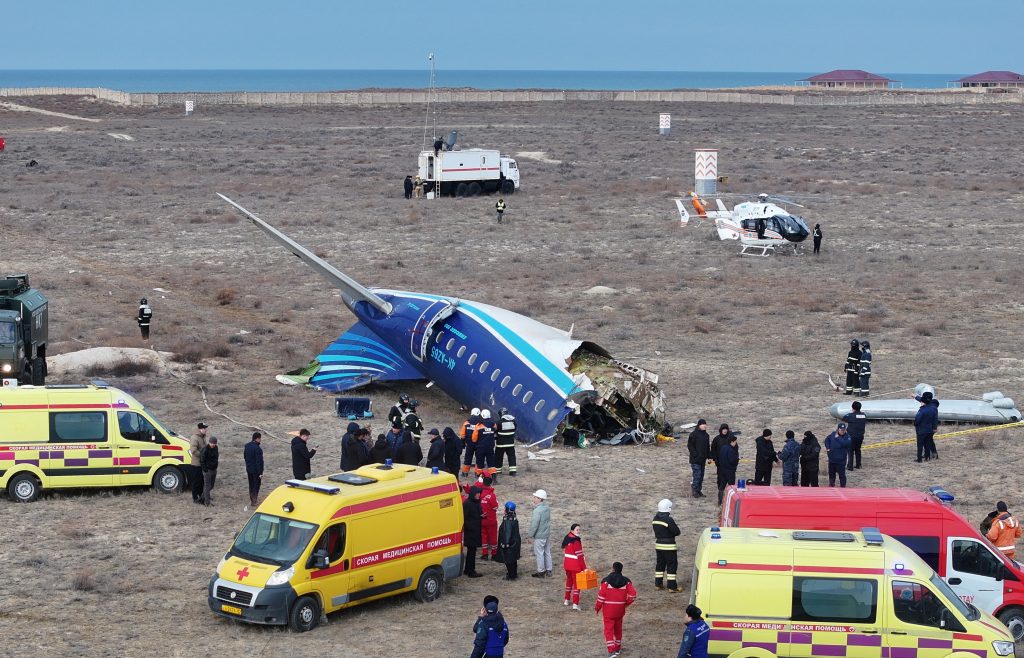The European Investment Bank (EIB) announced that it appointed former Greek deputy minister for development and investments Ioannis Tsakiris a its new Vice President, meaning that he will now be a member of the bank’s Management Committee.
The Management Committee of the EIB has nine members – the President and eight Vice-Presidents- and works under the President and with the supervision of the ΕΙΒ’s Board of Directors, to oversee the day-to-day running of the EIB.
Tsakiris succeeds Christian Kettel Thomsen, who left the bank last year to become Governor of the Danish Central Bank, and started his term May 1.
According to a press release of the EIB, Tsakiris is an engineer by training, and has over 15 years of experience at the EIB Group through his work at the European Investment Fund (EIF).
He served in various roles at the EIF, including as head of South-Eastern Europe and EU Neighboring Countries Division, and worked in areas ranging from private equity investment to strategic development.
“In his capacity as Greek deputy minister between 2019 and 2023, he was supervising the deployment of EU structural funds as well as the Public Investment Program for Greece and he was also instrumental in the establishment of the Hellenic Development Bank, Greece’s national development institution. Furthermore, for that period he was Alternate Governor in the EBRD and the World Bank Group as well as member of the board of directors of the Black Sea Trade and Development Bank,” said the announcement.
In a statement, Tsakiris expressed that “Having served the EIB Group for the best part of my career, it is a great honor to become a member of its leadership team […] Our work is bringing tangible benefits to the people of the EU, supporting businesses every day, boosting the competitiveness of our economies and facilitating key investments.”
About the EIB
The European Investment Bank (ElB) is the long-term lending institution of the European Union and is owned by its Member States.
The EIB Group also includes the European Investment Fund (EIF), and has signed a total of €88 billion in new financing for over 900 projects in 2023.
The investments made by the EIB are aligned with EU policy objectives and “projects bolster competitiveness, drive innovation, promote sustainable development, enhance social and territorial cohesion, and support a just and swift transition to climate neutrality, in line with the goals of the Paris Agreement”, according to a press release of the EIB.
The EIB also says that almost half of its financing within the EU is directed towards cohesion regions, where per capita income is lower.


